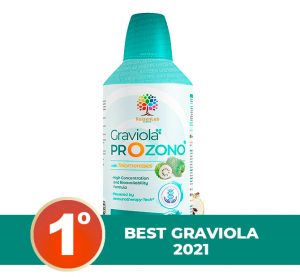Hello, dear reader. Today I bring you a story that might change the way you view your fight against cancer, especially if you’re going through something similar to our main character: a diagnosis of ocular melanoma that, though not grown, is “crying”. Is this a good sign? Keep reading and discover a perspective that might open your eyes to new possibilities.
First, let’s talk about what you’re facing. Ocular melanoma, that silent intruder in your eye, is as mysterious as it is challenging. If you’ve noticed that your tumor hasn’t grown, but is “crying” or leaking, you might be wondering if this is a positive sign. In reality, it’s a wake-up call. Leaking can indicate active changes within the tumor, a sign that your body is fighting, but also a reminder that the battle is far from over.
Now, let me introduce you to Ana. Ana, like you, was diagnosed with ocular melanoma. Despite conventional treatments, her tumor also began to leak. Ana, filled with fears and frustrations, found herself at a crossroads. What did this mean for her health? Were the treatments working?
Ana had been through it all: radiotherapy, chemotherapy, and even tried Fenben. Despite everything, her tumor was still there, now “crying”. Each treatment came with its own set of side effects: fatigue, nausea, and a constant sense of uncertainty. Ana felt trapped in an endless cycle of treatments and disappointments.
In her quest for answers, Ana learned about angiogenesis, the process by which tumors form new blood vessels to feed themselves and grow. If left unchecked, this process can lead to metastasis, where cancer spreads to other parts of the body. Ana understood that stopping angiogenesis could be key in her fight.
That’s when Ana discovered two unexpected allies: graviola and ozone. Research showed that graviola could stop the feeding of cancer cells, and ozone could prevent the formation of new blood vessels. Ana felt cautiously optimistic. Could these be the missing elements in her treatment?
Ana heard about Graviola Prozono, a supplement that combined these two powerful elements. Despite not being widely known, it had promising scientific backing. Ana decided to give it a try, combining it with her medical treatments.
After starting with Graviola Prozono, Ana noticed changes. Not only did she feel more energetic, but her scans showed a decrease in tumor activity. Ana felt more hopeful and capable of enjoying her daily life, something she had forgotten during her fight against cancer.
You might wonder, why isn’t something as promising as Graviola Prozono more widely known? The answer could lie in the nature of the medical industry, where natural treatments often get overshadowed by more conventional pharmaceutical solutions.
If you’re facing a situation similar to Ana’s, this might be your moment to consider alternatives like Graviola Prozono. It’s not just a story of hope; it’s an invitation to explore all your options in the fight against cancer.
Don’t wait for your tumor to “cry” more or for more severe symptoms to appear. Like Ana, you might find in Graviola Prozono a valuable ally in your fight against ocular melanoma. Remember, every step you take today could be a leap toward a healthier and happier tomorrow. Act now, for yourself and for those who love you.





